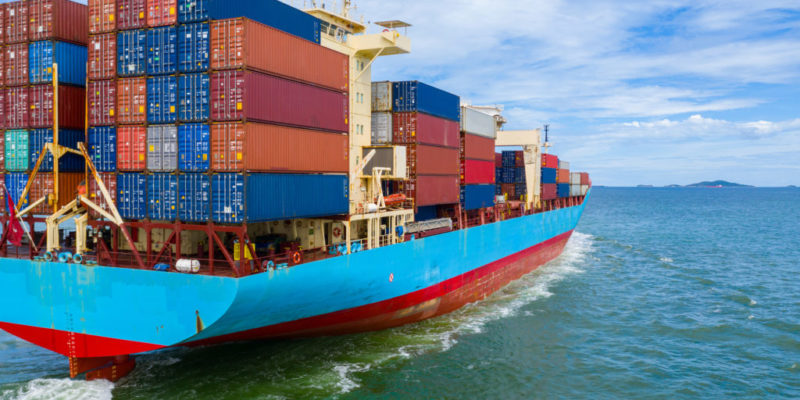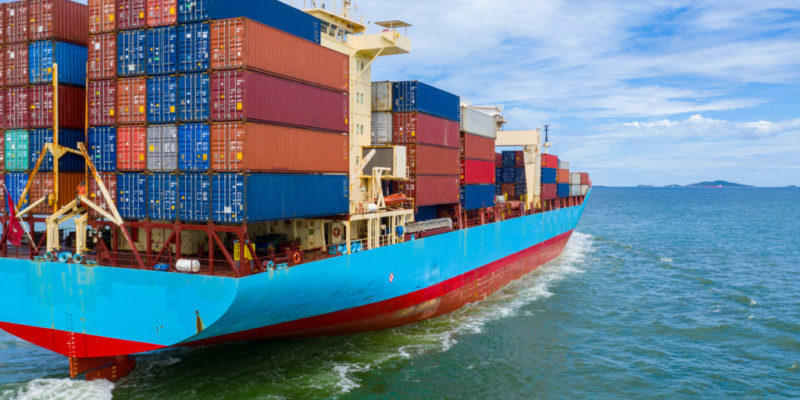A predicament? No a medicament!
The High Court decision on the tariff classification of ‘Vita gummies’ and ‘Garcinia weight-loss preparation’. We have previously written at length on decisions of the Administrative Appeals Tribunal (AAT), or State or Federal Courts on the classification of goods for customs purposes. The classification of goods is a vital process as many things follow from…





